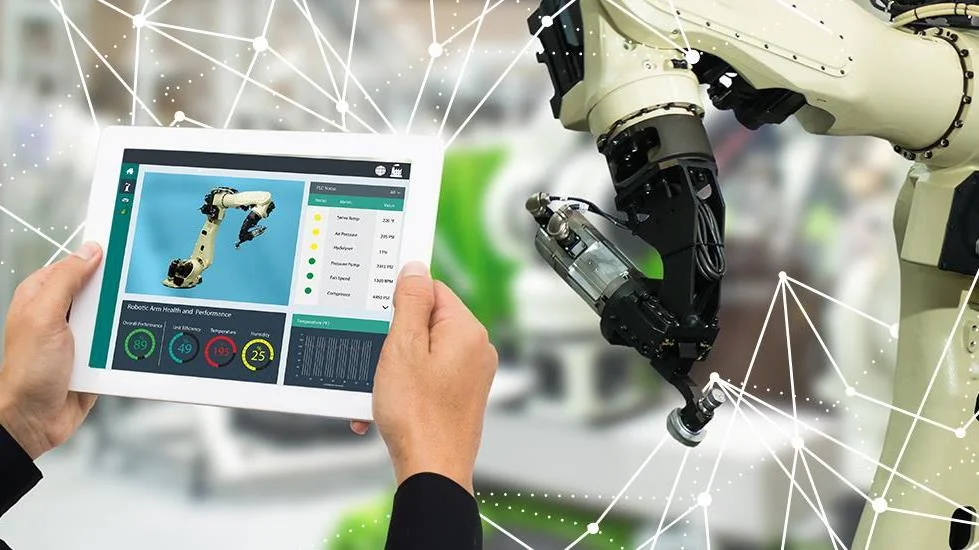Introduction:
The world of technology has been advancing at an unprecedented pace, shaping our lives in unimaginable ways. As we stand at the cusp of a new era, it is intriguing to speculate about what lies ahead in the next five years. In this blog post, we will delve into some exciting possibilities and emerging trends that could shape the future of technology.
Artificial Intelligence (AI) and Machine Learning (ML) Take Center Stage:
AI and ML have already made significant strides in recent years, and their impact is only expected to grow. With advancements in deep learning algorithms and the availability of vast amounts of data, AI-powered systems will become more capable, intelligent, and integrated into our daily lives. We can anticipate advancements in areas such as natural language processing, computer vision, robotics, and autonomous vehicles, leading to transformative changes across industries.
The rollout of 5G networks is well underway, promising blazing-fast speeds and reduced latency. Over the next five years, 5G will become more widespread, unlocking new possibilities for a connected world. This technology will be the backbone for innovations like the Internet of Things (IoT), smart cities, remote healthcare, and augmented/virtual reality experiences. Furthermore, research and development in 6G networks will begin to take shape, aiming for even faster speeds, higher bandwidth, and ultra-low latency.
Quantum Computing Takes a Leap Forward:
Quantum computing, with its immense computational power, is expected to make significant progress in the coming years. Although we are still in the early stages of its development, breakthroughs in quantum algorithms, error correction, and the creation of stable qubits will pave the way for more practical and widespread applications. Quantum computing holds the potential to revolutionize fields such as cryptography, drug discovery, optimization problems, and complex simulations.
Enhanced Cybersecurity Measures:
As technology continues to evolve, so do the challenges related to cybersecurity. The next five years will witness a growing focus on strengthening cybersecurity measures to combat ever-evolving threats. Innovations in encryption techniques, biometric authentication, and AI-driven threat detection systems will play a crucial role in safeguarding sensitive data and protecting critical infrastructure.
Augmented Reality (AR) and Virtual Reality (VR) Transform Industries:
AR and VR technologies have already begun to reshape the entertainment and gaming industries, but their potential extends far beyond that. In the next five years, we can anticipate the integration of AR and VR in various sectors, including education, healthcare, architecture, and retail. These immersive technologies will enable new forms of learning, remote collaboration, and personalized shopping experiences.
Sustainable Technologies Gain Momentum:
As climate change continues to be a pressing global concern, the development of sustainable technologies will gain significant traction. Over the next five years, we can expect advancements in renewable energy, energy storage solutions, eco-friendly materials, and efficient transportation systems. The integration of technology with sustainable practices will contribute to a greener and more environmentally conscious future.
Conclusion:
The next five years promise to be a period of remarkable technological advancements that will shape our world in profound ways. From the continued evolution of AI and machine learning to the rollout of 5G networks, quantum computing, augmented and virtual reality experiences, and sustainable technologies, we are poised to witness a transformative era. As technology continues to expand its horizons, it is crucial to ensure ethical considerations, data privacy, and inclusivity to create a future that benefits all of humanity. Let us embrace these upcoming innovations and work together to build a brighter, more connected, and sustainable world.







Comments
Post a Comment